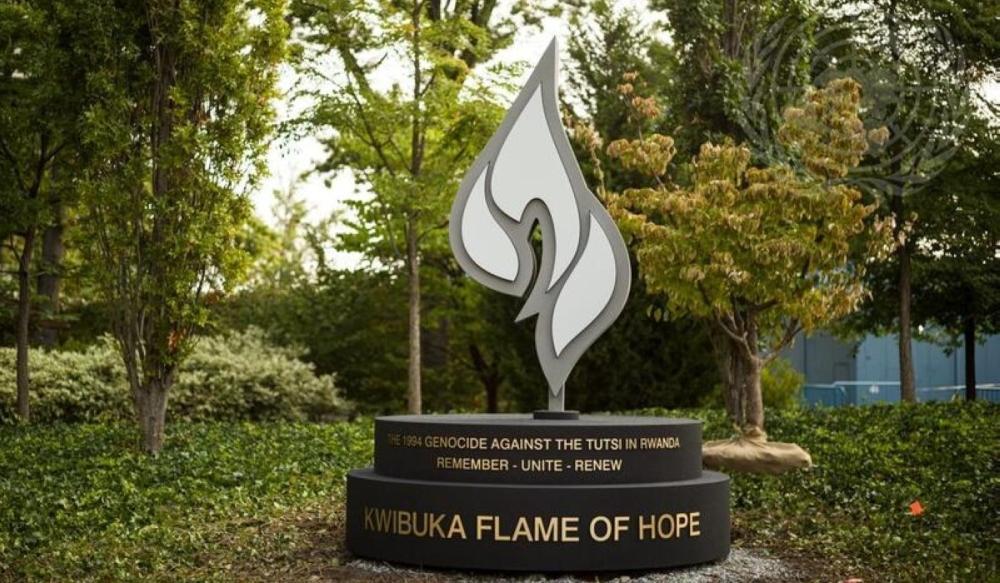Africa-Press – Rwanda. Ibuka Memory and Justice Association, a Belgian non-profit organization dedicated to defending the interests of survivors of the 1994 Genocide against the Tutsi in Rwanda and preserving the memory of the victims, has expressed regret over Brussels’ decision to cancel a genocide survivors’ annual conference which was scheduled for March 27.
This year’s conference was titled “Transmitting Memory: Analyzing the Deep Origins and Unfolding of the Tutsi Genocide, 31 Years Later.” According to a statement released by Ibuka-Belgium, event organizers received an email from the House of Representatives on March 26, cancelling the event, citing reasons of deteriorated diplomatic relations between Belgium and Rwanda.
“The message stated that the Conference of Party Presidents had cancelled the event on the grounds that diplomatic relations between Belgium and Rwanda had seriously deteriorated. Furthermore, it appears that the program of your annual conference has been modified since the severance of diplomatic relations between our two countries,” it read.
In less than an hour after receiving the email, Ibuka noted that the decision, of which details were not communicated, was already circulating on the networks of groups against the Rwandan government.
Later in the night of the same day, the office of MP Michel de Maegd requested the removal of his name from the list of speakers and from the mention associated to the House of Representatives on Ibuka’s website.
The request was accompanied by a statement from the MP explaining the reasons for the cancellation of the conference, pointing out that the association had unilaterally decided to modify its conference programme to include a speech by Jean Damascène Bizimana, the Minister of National Unity and Civic Education.
“This statement is in complete contradiction with the severance of diplomatic ties.”
To clarify the situation, Ibuka Memory and Justice Association, stated: “Our organization…has neither a mandate nor a vocation to engage in politics. Therefore, Ibuka deplores the House’s decision, as it is likely to implicate our association in a highly political dispute between Belgium and other countries.”
“This conference, as for all previous ones, Ibuka prepares the programs to which it invites participants independently and freely, individuals based on their knowledge, experience, and expertise in the topics of debate.”
As noted, the Belgian MP acknowledges that he had no involvement in organizing the event.
“There is therefore no reason to charge our association with unilaterally modifying the program, since it is not our practice to share this responsibility with individuals outside the association, even if they are sponsors of the activity.”
Kigali on March 17 severed diplomatic relations with the Kingdom of Belgium, after the European country was accused of acting against Rwanda’s interests and taking sides in the DR Congo crisis.
Ibuka noted that Belgian foreign minister Maxime Prévot recently reaffirmed Belgium’s commitment to the fight against genocide denial and its judicial collaboration, despite the breakdown of diplomatic relations with Rwanda.
“It is, therefore, surprising that Minister Bizimana’s participation by video-conference, which nevertheless meets Belgium’s commitments, could cause so much disruption, in the absence of sanctions against him,” stated the association, adding that the Chamber created an unfortunate quid pro quo that simply did not exist.
For More News And Analysis About Rwanda Follow Africa-Press






